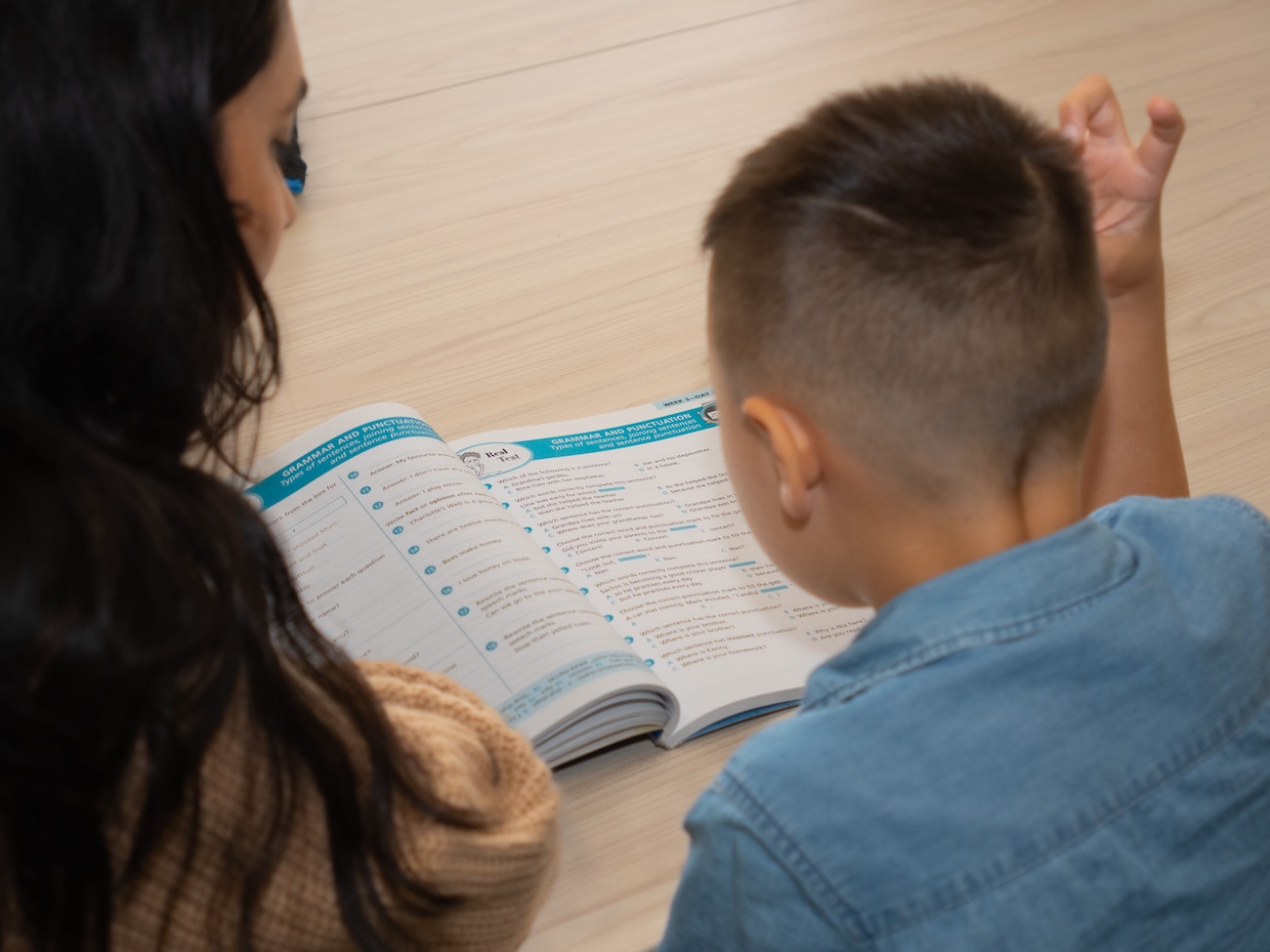
Every year, parents across Australia wait to see how their children performed in NAPLAN — the national test that measures literacy and numeracy skills. This year’s results are in, and many parents are wondering: have things gotten worse?
The good news is that NAPLAN results haven’t gone downhill.
According to ACARA’s 2025 report, national averages remain broadly stable, meaning there’s been no significant drop in performance since last year.
But here’s the catch — stability doesn’t mean everything’s fine.
Around one in three students still didn’t meet the “challenging but reasonable” proficiency benchmark, and about 10 percent need extra support. So while the overall numbers haven’t fallen, many students continue to struggle with the basics.
For parents, that means the national data doesn’t always reflect what’s happening at home or in the classroom.
If your child is doing well, NAPLAN stability is reassuring.
If they’re falling behind, though, this stability could hide the fact that they’re missing out on foundational skills. The key is to act early — before small gaps turn into lasting setbacks.
These steps are backed by research from the Australian Education Research Organisation (AERO) and the Education Endowment Foundation (EEF). They’re simple enough for parents to support at home, and powerful when combined with tutoring.
Children learn best when new concepts are taught clearly and step by step.
Teachers and tutors using explicit teaching — explaining, modelling, practising together, and then doing it independently — see stronger improvement in literacy and numeracy.
👉 AERO: Explicit Instruction
Instead of long cram sessions, aim for short bursts of practice spread throughout the week.
Research shows that spaced retrieval (coming back to the same skill over time) helps information stick far better. Ten minutes of maths or spelling revision three times a week beats one long study session.
Every child’s learning needs are different. The most effective support starts with figuring out exactly what your child struggles with — whether it’s fractions, reading comprehension, or spelling rules.
Once you know the gap, focus your efforts there before moving on.
Tutoring works best when it’s regular, personal, and aligned with what your child is doing at school.
Studies show that individual tutoring can lead to months of extra progress in just one term. It’s one of the most effective ways to turn around performance.
👉 EEF: One-to-One Tuition
Good readers do more than decode words — they think about what they’re reading.
Help your child practise strategies like predicting, summarising, and asking “why” questions as they read. This builds understanding and confidence, not just test scores.
👉 EEF: Reading Comprehension Strategies
Here’s an easy way to fit learning into your week:
These little routines add up. They build confidence, fill gaps, and prepare your child for the next year.
At Ascent Education, we offer mobile one-to-one tutoring across Sydney.
We come to you, identify exactly where your child needs support, and use proven teaching methods — explicit instruction, structured practice, and regular progress checks — to build lasting improvement.
If you’d like a personalised learning plan based on your child’s recent results, we can help you get started right away.
Sources and further reading